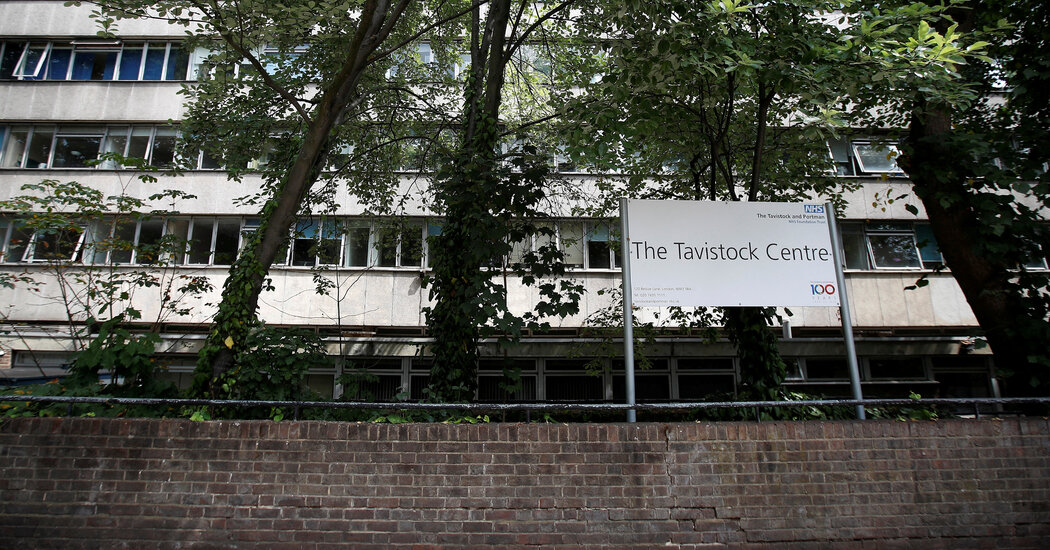news
Britain’s National Health Service announced on Friday that it will restrict the use of puberty-suppressing drugs to children taking part in clinical trials. The change comes as the agency’s pediatric gender services have struggled to keep up with soaring demand.
A document explaining the agency’s reasoning said that “there is insufficient evidence to support their safety or clinical effectiveness as routine treatments.”
The NHS published a draft of the policy change in October, but Friday’s announcement formalized the new approach after months of public comment. The policy will take effect later this year.
Why it matters: Other countries have also restricted the drug
The change is part of a broader push by some countries to limit gender-related medical care for young people.
Finland has moved to limit who can access gender-related treatments following an evidence review, while Sweden has restricted the use of puberty blockers and hormones to clinical trials. A Norwegian health agency and the French National Academy of Medicine also urged caution.
In the United States, more than two dozen Republican-led states have passed laws banning the use of puberty-blocking drugs and hormones, some of which have made it a felony for doctors to prescribe them. Hundreds of clinicians across the country — including some who have expressed concern about which teens should receive gender-related treatment — have condemned the ban, saying such decisions should be made by patients, their families and their doctors.
Background: There are few data on the effects of blockers
Last year, NHS England announced it would close the country’s only youth gender clinic after an external review revealed the Tavistock gender identity development service was unable to provide adequate care for the rapidly increasing number of young people seeking gender therapy. The clinic has seen a dramatic increase in referrals, from 250 young people in 2011 to 5,000 in 2021.
Puberty blockers, which work by suppressing estrogen and testosterone, were first tested in the Netherlands in the 1990s on children with gender dysphoria. Dutch researchers published their first study of 70 children in 2011 and found that teens reported less depression and anxiety after taking the drug.
But a British study of Tavistock patients published in 2021 showed that blockers had no effect on children’s scores on psychological tests. The study found that 43 of the 44 participants later chose to start testosterone or estrogen therapy. One interpretation of the data is that all are good candidates for hormone therapy. But the figures have raised concerns in the NHS about whether the drugs are doing their intended purpose of giving teenagers time to think.
“The most difficult question is whether puberty blockers really give children and young people valuable time to consider their options, or whether they effectively ‘lock in’ the treatment pathway for children and young people,” said the Department of Pediatrics, which oversees Dr. Hilary Cass said. An independent review of NHS gender services, wrote last year.
What’s next: England to start trials of blockers in children
The NHS is organizing a clinical trial for all children receiving puberty blockers from the health service, which is expected to start recruiting in 2024.
While Tavistock clinics have closed, regional centers are opening across the UK to expand gender-related services for young people. The new system for treating minors with gender-related problems will create standardized assessments and incorporate more mental health support, the NHS said.
“The main aim is to alleviate suffering associated with gender nonconformity and to promote the overall functioning and wellbeing of the individual,” says the NHS guidance.


